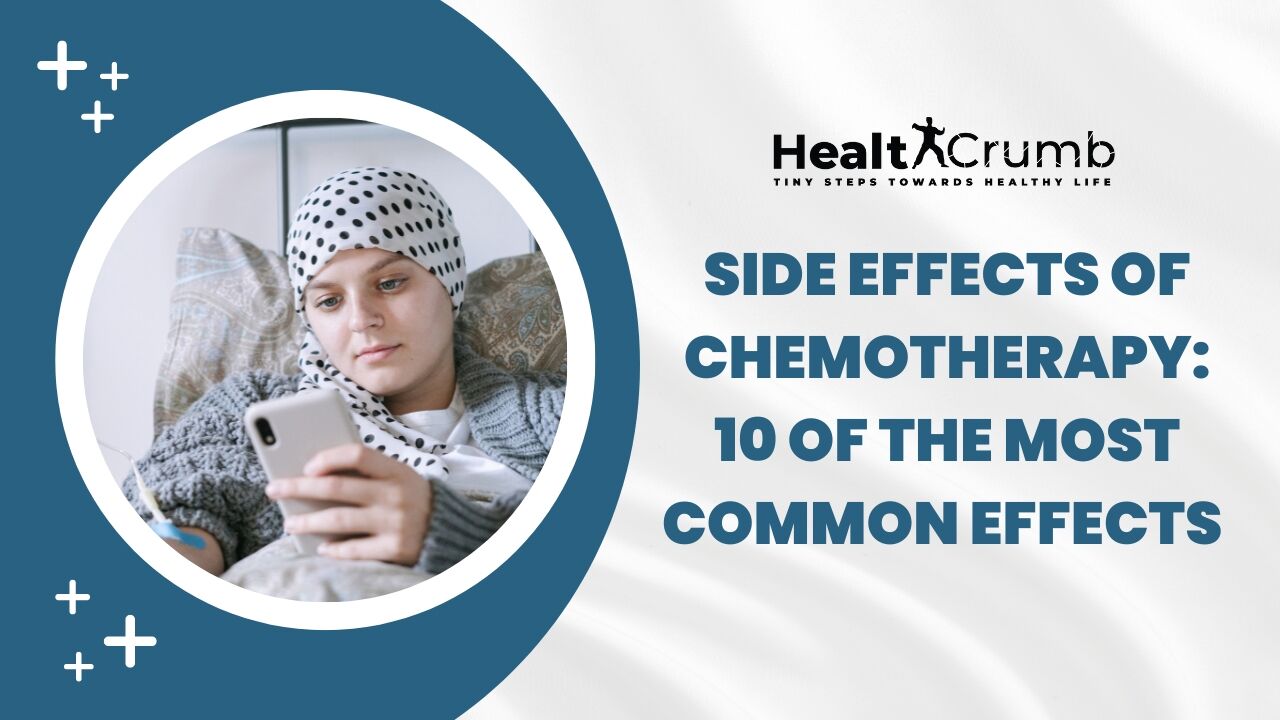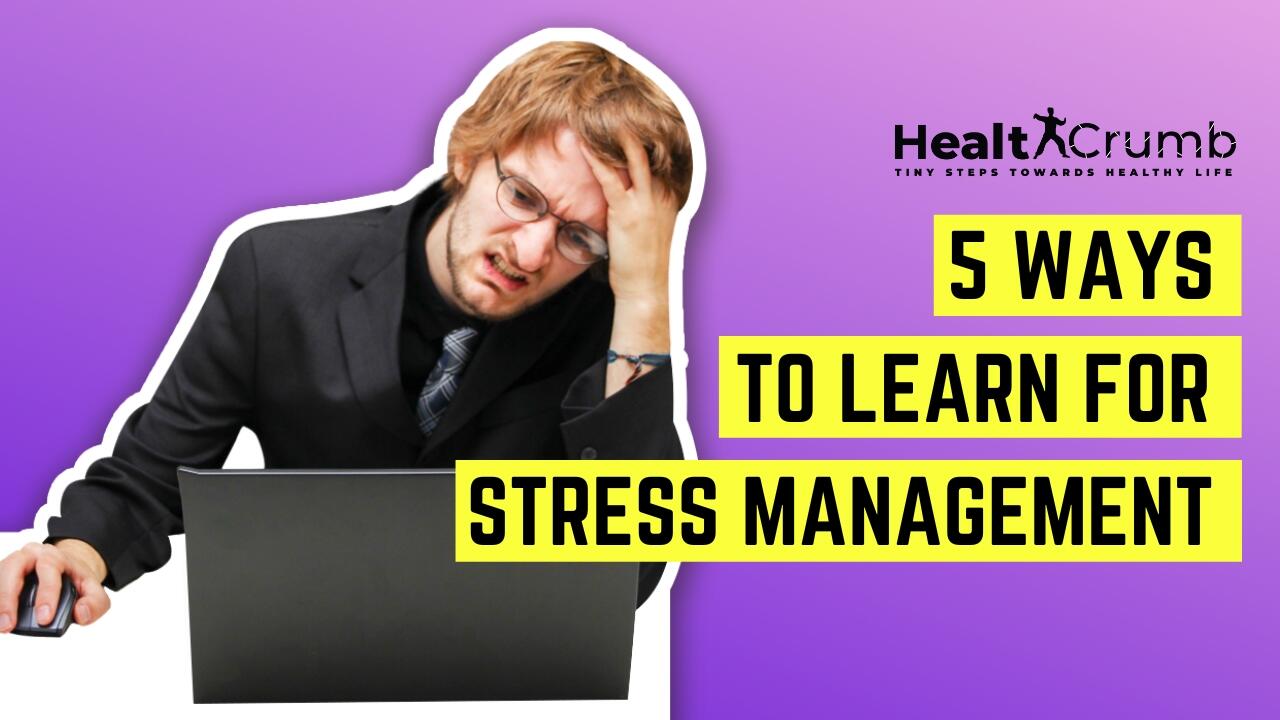Introduction
Chemotherapy is a type of cancer treatment that uses powerful drugs to kill cancer cells. While it can be an effective treatment, it also comes with a range of side effects. In this blog post, we will explore 10 of the most common side effects of chemotherapy. From fatigue and hair loss to neuropathy and more, it is important to be aware of the potential risks before starting treatment.
What is Chemotherapy?
Chemotherapy is a drug treatment for treating cancer. It involves using chemotherapeutic drugs to kill cancer cells. There are various types of chemotherapeutic drugs. Chemotherapy can be undertaken by various means, i.e. it is taken by mouth or even injected into a vein. Chemotherapy drugs circulate through the body in the bloodstream and kill cancer cells anywhere in the body.
Common side effects of chemotherapy include fatigue, nausea and vomiting, loss of appetite, diarrhea, mouth sores, and hair loss.
Chemotherapy is often used as part of a combination of cancer treatments, such as surgery, radiation therapy, and/or immunotherapy. Chemotherapy is used to treat many types of cancer, including leukemia, lymphoma, breast cancer, ovarian cancer, bladder cancer, colorectal cancer, pancreatic cancer, and brain cancer.
Types of Chemotherapy
There are many types of chemotherapy, and the side effects you experience may vary depending on the type you receive. Here are some of the most common types of chemotherapy and their potential side effects:
- Alkylating agents: These drugs work by damaging the DNA of cancer cells, which prevents them from growing and dividing. The most common side effects caused by alkylating agents include the patient experiencing hair loss, fatigue, nausea, and vomiting.
- Antimetabolites: These drugs work by interfering with the metabolism of cancer cells, which prevents them from growing and dividing. Common side effects include mouth sores, diarrhea, hair loss, and fatigue.
- Anthracyclines: These drugs work by damaging the DNA of cancer cells, which prevents them from growing and dividing. The side effects of these drugs are similar to those of alkylating agents- hair loss, fatigue, nausea, and vomiting.
- Biologics: These drugs work by targeting specific molecules involved in the growth and development of cancer cells. Common side effects include fatigue, rash, and fever.
- Carmustine: This drug works by damaging the DNA of cancer cells, which prevents them from growing and dividing. However, carmustine may cause side effects such as hair loss, fatigue, nausea, and vomiting to the patient.
When is Chemotherapy used?
Chemotherapy is used to treat cancer by killing cancer cells or stopping their growth. It may be used alone or with other cancer treatments, such as surgery, radiation therapy, or biological therapy.
Chemotherapy can cause a variety of side effects, including fatigue, nausea, vomiting, hair loss, and an increased risk of infection.
Chemotherapy can be administered in many ways, including:
- Orally: By undertaking chemotherapy orally, the patient administers by taking the chemotherapeutic drug as a pill or a capsule. In this way, he undergoes chemotherapy through the mouth.
- Intravenously: Another way of undertaking chemotherapy is injecting the chemotherapeutic drug intravenously, i.e. injecting it into a vein through a needle or catheter.
- Topically: Chemotherapy can also be undertaken by applying a cream, lotion, or ointment that is made of the chemotherapeutic drug (drugs used in chemotherapy). In this, the patient applies the chemotherapeutic drug cream, lotion, or ointment on the skin to undergo chemotherapy.
- Intrathecally: Lastly, chemotherapy can also take place by injecting the chemotherapeutic drug into the patient’s spinal canal. This can be done via a needle or catheter.
How Does Chemotherapy Work?
There are two main ways that chemotherapy kills cancer cells: cell cycle nonspecific and cell cycle specific. Cell cycle nonspecific drugs kill cancer cells at any stage of the cell cycle. Cell cycle-specific drugs kill cancer cells during certain phases of the cell cycle. The type of chemotherapy drug used depends on the type of cancer being treated.
Cell Cycle Nonspecific Chemotherapy: Cell cycle nonspecific chemotherapy drugs kill cancer cells at any stage of the cell cycle. These drugs work by damaging DNA, which prevents cancer cells from dividing and growing. Cell cycle nonspecific chemotherapy drugs are used to treat a wide variety of cancers.
Cell Cycle Specific Chemotherapy: Cell cycle-specific chemotherapy drugs kill cancer cells during certain phases of the cell cycle. These drugs work by targeting cancer cells that are in the process of dividing and growing. Cell cycle-specific chemotherapy drugs are used to treat a wide variety of cancers.
10 most common side effects of Chemotherapy
Chemotherapy is a powerful cancer treatment that comes with many potential side effects. These may be short-term or long-lasting. Short-term side effects are more common, and they often go away after treatment ends. Long-term side effects usually develop after several months or years. Chemotherapy can also cause long-term side effects, such as infertility and an increased risk for certain types of cancer.
Here are the 10 most common side effects of chemotherapy:
- Nausea and vomiting: A person who has undergone chemotherapy may experience nausea, and in some cases, even vomiting.
- Diarrhea: Diarrhea is another common side effect that the patient is prone to after undertaking chemotherapy.
- Fatigue: The patient may feel worn out or fatigued as a side effect of the chemotherapeutic drug.
- Appetite loss: Chemotherapy can even cause eating disorders among patients. This could lead to appetite loss, and the patient may face trouble eating anything at all.
- Weight loss: Another big side effect of chemotherapy is weight loss. Due to eating disorders and losing appetite, the patient may even experience weight loss.
- Hair loss: Hair loss is one of the most common and most heard of side effects of chemotherapy.
- Mouth sores: This is also a very common side effect of chemotherapy, even though unknown to many patients. Mouth sores or oral mucositis is a side effect in which the patient experiences inflammation and sores developing in the mouth- on the gums, tongue, etc. within 10 days of chemotherapy treatment.
- Neuropathy: A person who has undergone neurotoxic chemotherapy is likely to face the most common side effect of it- neuropathy or nerve damage.
- Bleeding and bruising: The patient who has undergone chemotherapy may even experience bleeding and bruising as a side effect of chemotherapy.
Chemotherapy kills fast-growing cells, but it also affects fast-growing healthy cells. Hence, side effects due to chemotherapy occur when healthy cells are affected by the chemo drugs. Some of the side effects of chemotherapy can be managed with medication or other treatments. However, others may be more severe and require hospitalization.
However, each patient doesn’t need to face all of the symptoms mentioned above with equal severity. Some people get a few side effects, whereas others may get all of them. The same goes with the severity- the side effects that may seem to be super severe for one person may not prove to be the same for the other one.
Some doctors may even give medicines to prevent experiencing these side effects. Therefore, consult your doctor about experiencing any of these side effects of chemotherapy, and understand the advice and the precautions that the doctor gives you for the same.
While the side effects may seem to be unpleasant for you, understand that it’s necessary for killing cancer cells.
Conclusion
Chemotherapy can be a tough treatment to go through, both physically and emotionally. But it is important to remember that everyone reacts differently to chemotherapy and the side effects of chemotherapy will vary from person to person. If you are currently undergoing chemotherapy, or are considering it as a treatment option, be sure to speak with your doctor about all of the possible side effects so that you can always be prepared for what might come.



